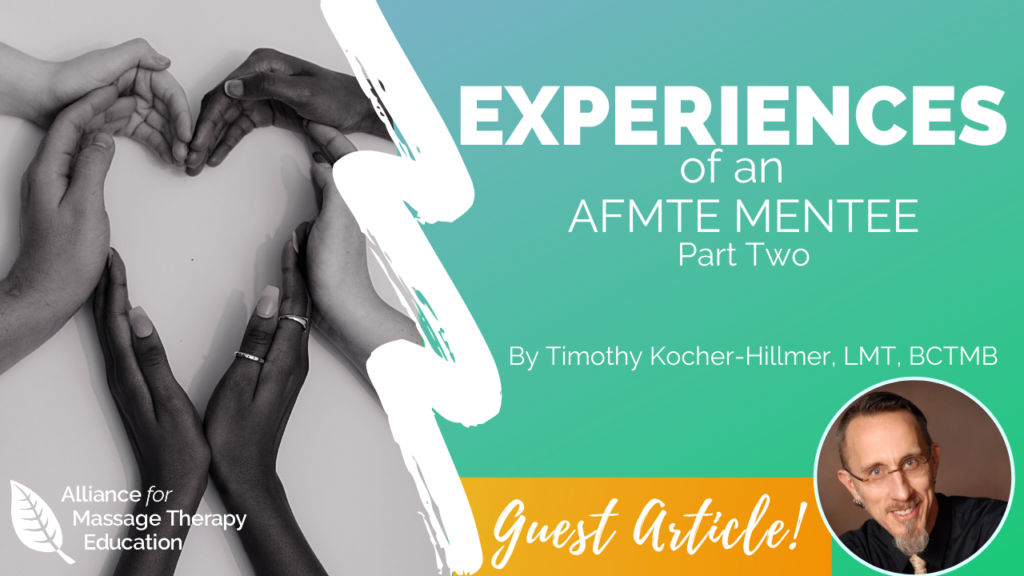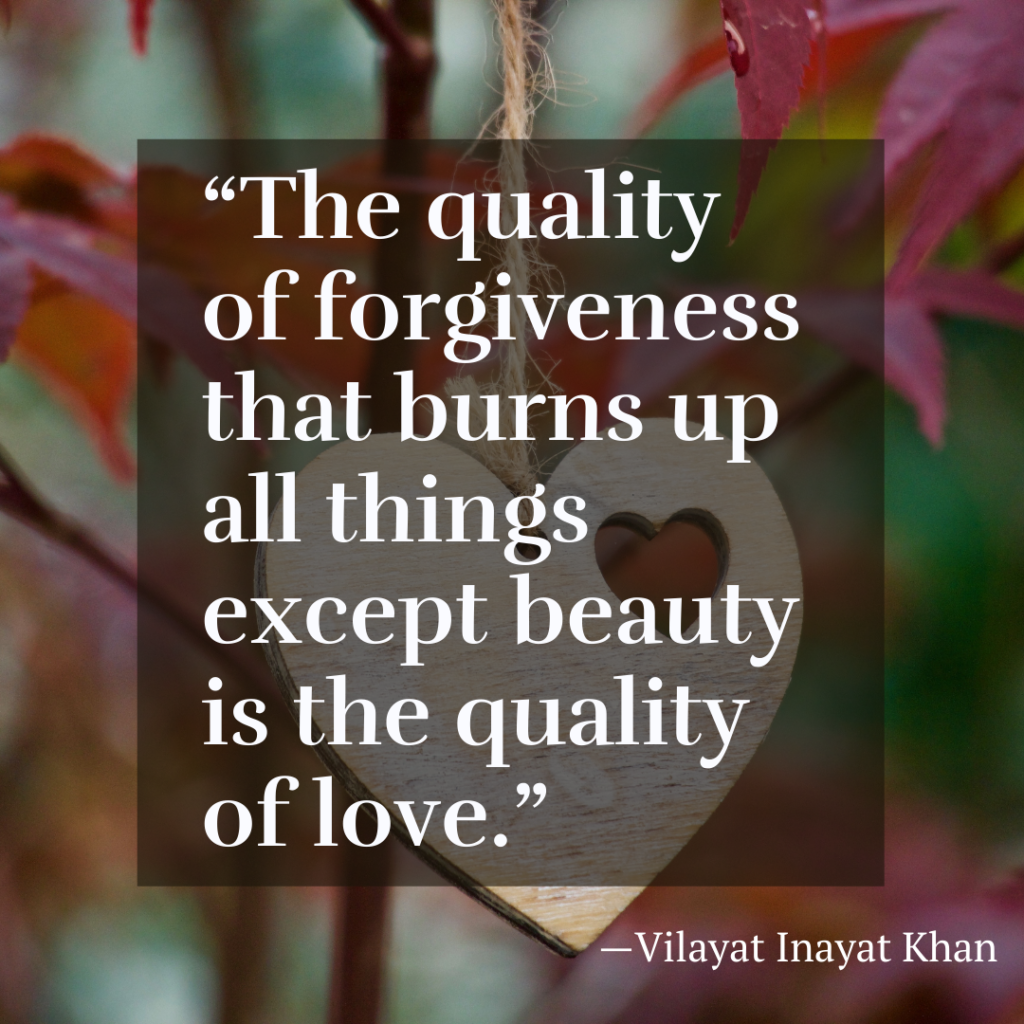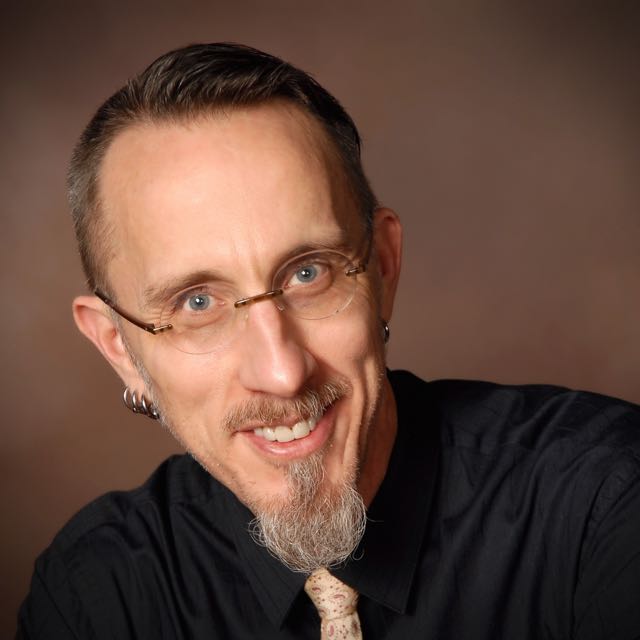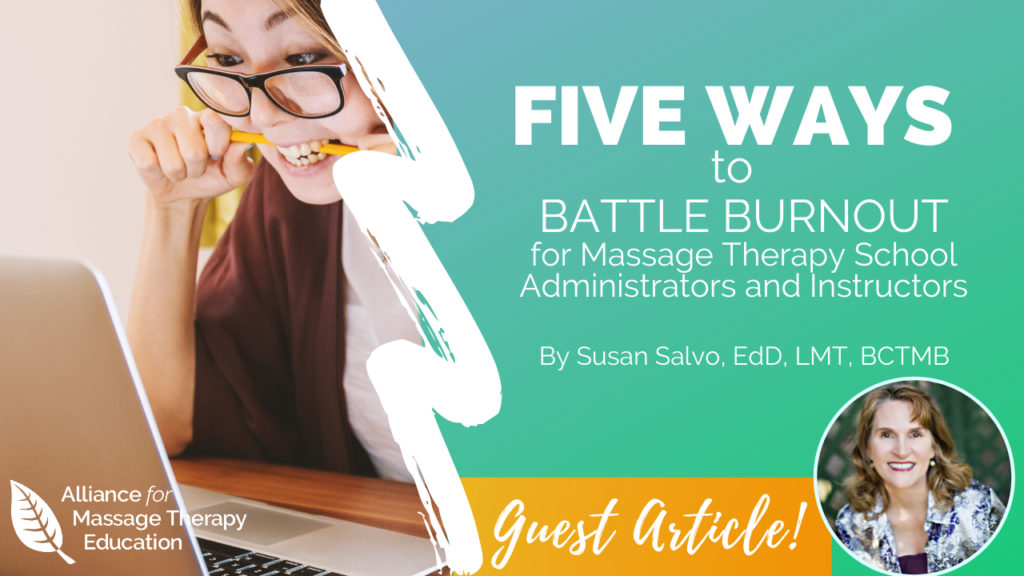
This summer, amidst everything else going on in the world, the Alliance for Massage Therapy Education launched a new mentoring program. This 10-week program matched individuals seeking mentorship with mentors from the field of massage education. Participants in this inaugural program met weekly for 8 weeks from June through August 2020 as mentor-mentee pairs bringing together unique skills and challenges to a relationship of learning and sharing.
In this 3-Part Series, you can follow along as one participant shares their process of discovery in the form of a weekly reflection. Read part one HERE.
Part 2: Knee Deep in Elbow Grease / The Achy Heart of the Matter
Mentor Session—Week Two: “Culture”
Thursday, June 25. When it rains . . . it gets wet. Has it only been one week? Completed Cultural-Competence CE from FSMTB, Enrolled in and completed Unconscious Bias CE from HealWell. A colleague contacted me to see if I’d “mentor” her while healing from surgery on her arm. School announced a delay in class start; COVID-19 numbers too high. A student emailed me the story of Elijah McClain, a young black massage therapist killed by police in 2019.
And, today in our meeting Susan said: “I think you should consider blogging about this experience!” Oh great! Just one more thing to add to my plate! What was I thinking?!
Reflection #2: Read a book or see a movie with a social injustice (inequality or inequity) emphasis. Use the format below to write your reflection.
What event, thought, or conversation stood out that relates to cultural competency? What was it about this that made it stand out? Why is this significant?
What have you learned about others through this experience? How has your own cultural identity been influenced?
In what way is this related to your life or work setting?
How can you apply what you have learned to your personal/professional life?
Social Injustice awareness is finally on the radar. Let the deluge wash and wake us! “The Talk: Race in America” a PBS special rebroadcast first aired in 2017 is my jumping off point. IMHO this is a must see.
Each of the segments highlighted a community where a person of color was stopped by the police. Many were killed. Each story interviewed affected families. Families were Hispanic, Black and Muslim. Even a story of a police “family” within a community.
What stands out is the variety of ways culture can be viewed. Of course, there is a specific culture of heritage. This may include color of skin, but other parts of the picture include religious or spiritual belief, de-/emphasis of education, income/lack of, and job/trade skills. There is a unique and specific way that one’s family line influences the Being of a person. This is significant in a discussion of cultural “competency” when one attempts to make a list of points which can be ticked off to determine that someone is competent in a classroom setting.
While there are certainly cultural similarities that bring humanity together, what strikes me is the infinite possible manifestations of “culture” that exist. It would be pompous of me to think that I can check off boxes after taking (or teaching) a single class intended to teach cultural sensitivity. Culture is so deep. It feels impossible to separate the various pieces. I’m getting a vision of asking a class to assemble the different parts that can make up one’s own culture.
Just opening up a conversation about the term culture can begin to enlighten a person who is unknowingly limited to their own life experience. And that’s most of us.
What have I learned about myself and others? That many people have lived through situations I have no way to relate to. Each story that dealt with death of a child at the hands of a police officer? I have absolutely no experience of this and can’t imagine the wounds left behind. This also reminds me of how various cultures view aging and adulthood and ideas like the culture of death and dying, the culture of youth and beauty.
I’m pretty clear I don’t know what I’m doing here. But I’m clear that cultural competency is not about theoretically defining terms. Ultimately we must get back to the roots of the word culture: from the Latin cultura “a cultivating, agriculture,” figuratively “care, culture, an honoring,” from past participle stem of colere “to tend, guard; to till, cultivate.” To me this is to deeply know the soil which has raised and nourished a person.
Honoring what has cultivated another person becomes a self-reflective framework. This fosters kindness for self and other. Acknowledging people can have roots in different “soils” is key.
Like me . . . I have roots in many unique cultures: coming from a white pastor’s family, resisting but attending college, “becoming” a gay male in the ‘80s, finding queer/faerie community in the 2000s. All these are soils have nourished me and influence what I see or don’t see in the world.
My passions and ideals about sustainability are also in the soil of my culture. Believing that single use plastics, paved parking surfaces, and endless lawn maintenance are destructive are basic elements of how I live and breathe, so isn’t that my culture? And here I must re-open my eyes and resolve to pay close attention. My mind can make snap judgements of others.
Even more subtle learnings show up in the classroom. I love words, right? When I hear a student mispronounce a word or use grammar in a way I would not, I must consciously notice my mind rushing to judge. Rather than being put off by someone’s “lack” of education, I cultivate a practice of being curious about the soil in which they were planted.
Or when a colleague who has a vastly differing political view complains about a “problem student,” I must practice having conversations of curiosity. I hope I can be inquisitive in a way to focus discussion on how a student’s actions may actually be communicating a request for help, or to be seen.
Note to Self: Be conscious and curious about how I can use my “beliefs” as a definitive dividing line rather than a curious conversation stater.
Mentor Session—Week Three: “Mission”
Wednesday, July 1. Something I learned last week was the importance of reviewing and typing up my handwritten notes from mentoring sessions with Susan. It helps me retain the “essence” of our talk and clarity to move forward.
I shared that the idea of a blog feels overwhelming. She had suggested using it as a way to document this internship process, but sharing my internal process feels sticky. “Begin by letting it be a way to track personal experience . . . then you get to choose what you share publicly.” I also reported still feeling resistance to concept of research. I’m not sure I even know whatever I mean by that. In reviewing the difference between quantitative and qualitative, she reminded me that she leans toward qualitative. This focuses on thematic content rather than numbers. The process of reading and listening becomes a way to analyze what patterns are coming up in the “story.”
When she asked me if I wanted feedback on my CV, I said, “Of course!” Now more work to do. I’m smiling, but challenged . . . especially by this week’s reflection log assignment.
Reflection #3: Write a mission statement that reflects your vision and values.
Mission. According to etymonline.com: “general sense of ‘that for which one is sent or commissioned’ is from 1670s; meaning ‘that for which a person or thing is destined’ (as in man on a mission, one’s mission in life) is by 1805.”
Mission Statement? meh. Feels more like a Calling to me. Very ecclesiastical, but it fits my church family culture. I’m pushing back against the word due to my heritage as a Missionary’s Grandchild. There are eons of white people (my family, along with others) going to “convert the heathens” of which I’m honestly embarrassed. I know it doesn’t have to be that way; Mom went back to India to serve as the head nurse in the hospital where she was born.
This is becoming a search of self thing rather than an academic exercise. Hmmm . . . OK, but how can I go deeper? All I get are more questions:
Am I . . . Called to pick up where my ancestors left off? Called to be myself? Called to see things differently?
Who is sending me? Do I claim to know what the Universe “wants” of me? Is the “desire” I feel within me a manifestation of the Wisdom of the Universe or just my ego?
How do I find clarity when being bold to make a “statement” just feels pompous to me? I’m really more drawn more to simply be quiet so I can sense clarity coming from within?
OK, this is not getting anywhere very quickly. Susan said a mission statement is supposed to fit on a T-shirt. I have enough words to fill up the Wedding Sari Mom brought back from India when she married Dad! I need to come back to this later.
* * *
Two days later . . . Reading back, my words seems very slick. Emotional. I need to give myself per-mission to expand the process before editing it down for a T-shirt. I’m just making this up here . . . but maybe a “Call” needs “Intention” in order to find “Purpose.”
- Call: to know and be grounded in the sense that I’m not in control, that there is something Bigger than I am operating, which inspires, nudges and guides me.
- Intention: to use the gifts I’ve been given or have developed for the best and highest good, and not only my own good, but the larger good of all concerned. This manifests in acknowledging that I do not use resources without affecting others.
- Purpose: to share another way of seeing the world, help others to find their own healing, to sing songs of love, to see clearly without criticizing, to get over myself, to get over my family, to re-write mis-takes.
Well, it is feeling better . . . more authentic and solid. But still too long. Note to Self: I remember writing in my application “Often I use words as a shield.” Am I trying to keep something at bay?
One of my co-instructors reminded me lately, “Done is better than perfect!” So, I’ll send all this wordiness off to Susan. I guess we’ll be reviewing this along with my CV next week!

“The quality of forgiveness that burns up all things except beauty is the quality of love.”
— Vilayat Inayat Khan
Mentor Session—Week Four: “Character VS Personality”
Wednesday, July 8. I was a little nervous today. I told Susan not to hold back on her critique of my CV. Her comments were direct and clear. Use date ranges and position them consistently, put narrative sections in a cover letter, use page numbers, etc. “Who is your end user? Make this CV for them.” Oh, yeah . . . this makes sense.
Most importantly, she encouraged me not to “hide.” I’d been hesitant to include in-service trainings I presented at faculty meetings and volunteer offerings because I didn’t get paid for them. But she encouraged me to affirm that I offered them as a professional in professional settings.
By highlighting what I share with the people I encounter, I see that my “professional experience” is more extensive than I’d thought. I’m beginning to see what Susan meant by “we season each other.” The best seasoning brings out what is already there. And I’m seeing myself in a new light.
Something else that I’m seeing in this mentorship process is that I find joy and nourishment by expressing myself through the written word. I’ve known this, but my awareness is deepening. But I can get stuck in my own internal process which may not make for a very interesting blog.
Part of this process includes emailing my personal reflections to Susan a couple days before we meet. Her initial response to my Mission Statement process was “This is great! I really see you struggling with this. All my students struggle with this assignment.” I’d been feeling like this whole mission statement thing was just a marketing tactic.
Encouraging me to focus and refine, she pulled out some words from my inner ramblings. Try on some words like “Heal underserved through touch” and let it sit and simmer for a while. Think of “mission” as touchstone or compass on the path. A mantra to come back to. Find three or four key points.
As we spoke, well mostly I listened, Susan shared lots of stories this week. Her thesis for her PhD was “African American Males Learning Online.” And her research method was not quantitative. “I lean toward qualitative. It’s more about the story.” Hmmm . . .we’re more alike than I’d originally thought.
Susan also spoke of difference between Character and Personality. Character is more about the inward process. Personality is an outward expression. The “vision” is the end result. The “mission” is a way to get there.
Something is getting clearer. I recall getting some push back from some therapists when I emphasize the importance of volunteering. People are here to make money, not “give away” services. I get it. We don’t have to donate massage time. I suggest we can also give back to the larger community by helping out at a local food bank or picking up garbage along the roadside.
Susan took a teaching moment to remind me of three main functions for Faculty:
- Teaching
- Scholarly Pursuits (aka “Research”)
- Volunteering
I’d never heard it put that clearly. Somehow I always thought the importance I placed on volunteerism was my own thing.
A bubbling up of my inner vision is what educates and inspires my outer action. And this can also be what motivates me in how I engage with students. I don’t always need to share the inner dialogue of my character and personal call. Instead, I get to demonstrate it by being fully authentic when presenting my personality with students in the classroom.
Mentor Session—Week Five: “Resistance”
Thursday, July 16. What was I thinking?! I’m feeling overwhelmed, questioning, and frustrated. Oh, and did I mention cynical? I know I entered into this mentorship thing hoping to expand my consciousness in the realm of massage education. And while that’s noble, in light of all that’s happening in the world, buffing up my CV seems pretty superficial.
George Floyd was killed not quite two months ago, protests are continuing, white people are being “waked.” And I’m frustrated. With the system. With my part in the system. With feeling like there is so much to do and not knowing where to start. Frustration with my professional organizations continues to rise. Yes, a few groups have made statements. Some great CE classes on diversity have been released, but not much has been done. Compared to the deluge of videos, blog posts, statements, and “support resources” about COVID-19 and massage safety to me this is really only a drop in the ocean.
Taking a breath, I feel strong emotion. When I slow down, the sense gets even deeper. Beneath the frustration and anger is something I’d rather ignore: defensiveness . . . resistance. I feel it in myself and in my community.
Massage Therapists are helpers, compassionate, caring professionals in a healing profession. As trained professionals who have learned the importance of ethics, power differential, and client care in our coursework we may feel we’re always acting from a place of “Do No Harm.” We’re not racist, are we?
Ibram X. Kendi, director of the Center for Antiracist Research at Boston University speaks on this subject. His work calls people to notice resistance that comes up in declarations of not “being racist.” Instead, he invites the human race deeper to see how each person is impacted by racist policies and to work to dismantle them and become antiracists.
I hope that as a profession, we too are seeing that internalized systemic misuse of power must be felt, acknowledged, spoken about and addressed. And this is not comfortable. But it occurred to me that we can use our skills as practitioners to acknowledge resistance when it arises. We can look through the lens of therapeutic response when confronted with emotional resistance.
Think of it this way:
When a client says, “Ouch, that’s too deep” or asks us to change what we’re doing, a therapeutic response is “Thank you for telling me.” And we change our pressure or technique. We stay away from responding defensively or trying to justify our actions. When a client self discloses an abusive or traumatic event, we don’t say, “OhmyGawd, how terrible! I can’t believe that!” and then go on to tell about our own life story.
The most helpful therapeutic response is of belief by asking the client “What was that like for you?” or “What effects has that had on you?”
This model becomes a personally therapeutic response when we hear examples and stories of racism and discrimination. White people can so quickly move into defensiveness and disbelief when confronted with the reality of implicit bias and white supremacy that our reactions and emotions can overshadow the life stories of black and brown people who are courageous enough to be vulnerable in group discussions or one on one settings.
Taking a breath, I feel the strong emotion shifting, leading and teaching. Taking a breath, I can see more clearly that while there is much to do to confront racism, some things have happened:
- Benny Vaughn released a video specifically speaking powerfully to the white massage therapy community.
- Some Pittsburgh MTs are gathering on line this week to begin a dialogue on racism in the profession.
- Email came out from AFMTE searching for volunteers for a new task force on “Equity, Diversity and Inclusion in Massage & Bodywork Education.”
Taking a breath, I hear this voice saying: “Pay attention, Timothy. Sometimes you use keeping busy as a shield.” Yeah, but sometimes you just act. You just do what needs to be done.
Benny Vaughn says in his video:
- If you see something . . . do something.
- If you hear something . . . say something.
- If you read something . . . write something.
- Silence and eyes-closed does not support social change.
- Silence and eyes-closed does not support diversity.
- Silence and eyes-closed does not support fairness.
Taking a breath, I gain clarity on responsibility. I am responsible to work for policy that is anti-racist and for changing the operating system.
And sometimes I’m simply must take responsibility for my homework. Or that my reflection log just ain’t gonna get done this week.
Reflection Log: postponed
Did You Enjoy this Feature?
Check back next week for Part 3 of 3. The final posting brings the mentorship experience to an end. The chapter closes on this relationship, and Timothy and Susan share gratitude and excitement for what’s been uncovered in this process and hope for the future
About the Author

Timothy Kocher-Hillmer, LMT, BCTMB
With life-long experience in music and liturgy, Timothy studied voice and musical composition in college and earned his B.S. in Commerce from DePaul University. He is a graduate of the Pittsburgh School of Massage Therapy, is licensed in Pennsylvania and has been in private practice since 2000. His work with clients focuses on myofascial pain syndrome relief, trauma recovery and emotional balancing.
As a massage educator at the Pittsburgh School of Massage Therapy since 2001, Timothy encourages massage therapists and students to pay exquisite attention to the energetics of personal intention and body mechanics. He lives with his husband of 32 years on Happy Hill in Pittsburgh where they practice taking the long way home.
For another feature by an AFMTE Member, check out 5 Ways to Battle Burnout by Timothy’s Mentor, Susan Salvo

